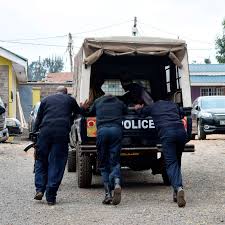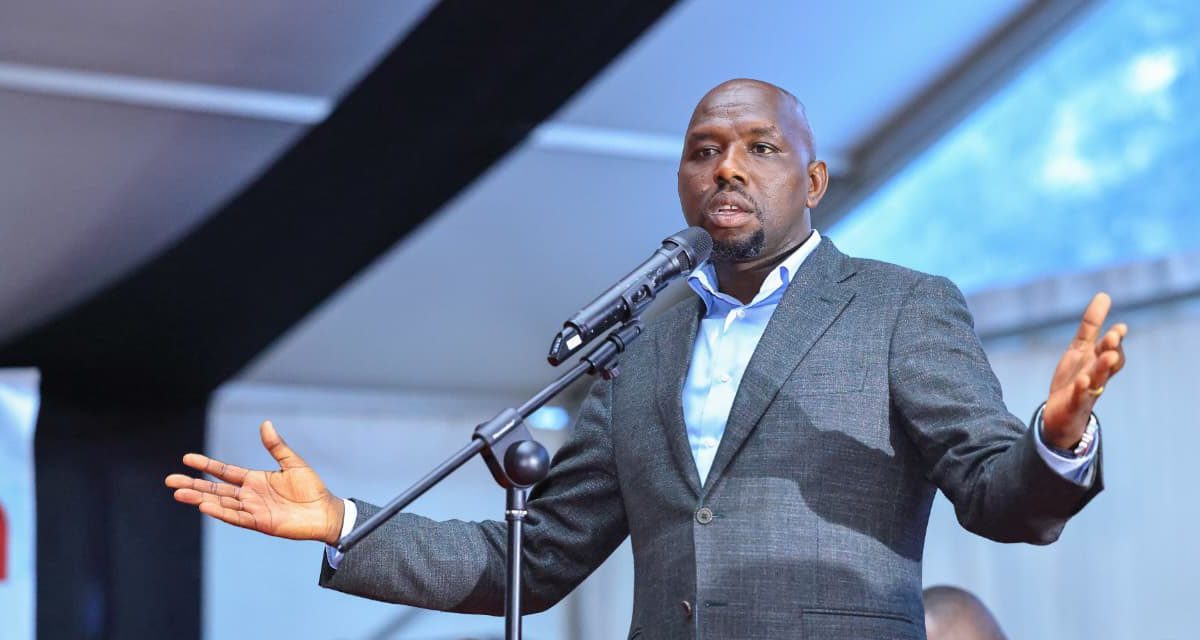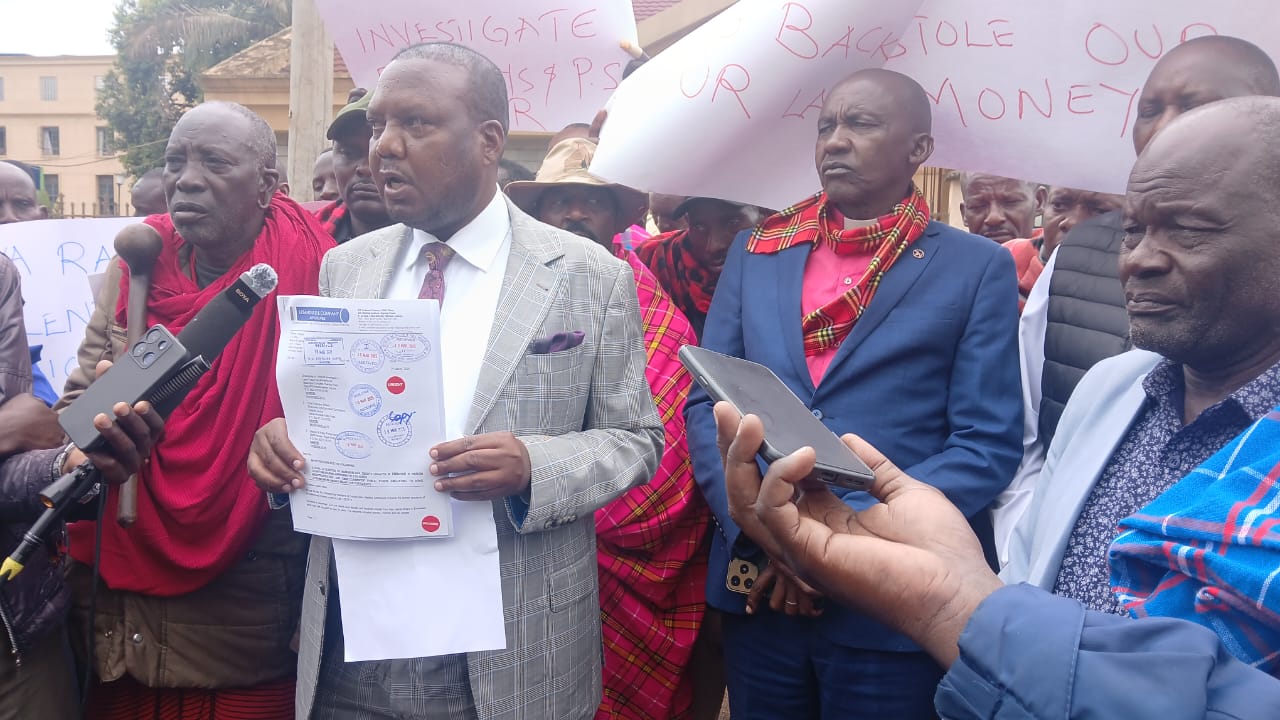Earlier, while speaking at a similar forum in Homa Bay, he remarked: “When officers say they cannot respond to distress calls because they do not have fuel, it is true. This is not an issue of corruption. The reason police officers are asking for fuel is because it is the truth; I will not sugar-coat it. We give officers 450 litres of fuel per vehicle and, as the OCS said, by the 18th of every month this allocation is usually depleted due to the many trips to operational areas.”— Interior Cabinet Secretary Kipchumba Murkomen
To unlock the full article:
Choose one of the options below:
- Ksh 10 – This article only
- Ksh 300 – Monthly subscription
- Ksh 2340 – Yearly subscription (10% off)
By TWV Investigations Desk
Interior Cabinet Secretary Kipchumba Murkomen’s strong defence of the practice by police officers of demanding money for fuel in order to respond to distress calls has exposed the plight many Kenyans face when seeking emergency services.
On two occasions in the past week, Murkomen stated that police are entitled to request fuel money from those seeking assistance. On Friday, he dismissed critics accusing him of encouraging corruption as “stupid,” insisting that the budgetary allocation for police operations is insufficient to provide fuel for an entire month.

“Is it news that mafuta ya polisi for the longest inaisha before the end of the month? It’s public knowledge, the allocation we give our police is 450 litres… halafu polisi akisema mafuta imeisha unaita yeye corrupt… tuwache ujinga,” the CS told a security forum in Nyamira.
Earlier, while speaking at a similar forum in Homa Bay, he remarked: “When officers say they cannot respond to distress calls because they do not have fuel, it is true. This is not an issue of corruption.”
“The reason police officers are asking for fuel is because it is the truth, I will not sugar-coat it. We give officers 450 litres of fuel per vehicle, and, as the OCS said, by the 18th of every month this allocation is usually depleted from all the trips to operational areas.”
He added that proposals are underway to increase the monthly fuel allocation to 650 litres to enhance efficiency in police operations. What Murkomen did not mention is that police officers never appear short of fuel when engaged in non-operational activities, such as collecting bribes from bars and arresting drinkers in return for payments. This lucrative racket generates millions of shillings weekly in places such as Nairobi and is shared throughout the chain of command, all the way to Jogoo House A, Vigilance House, and Harambee House.
A police source told The Weekly Vision in confidence that officers are given daily collection targets since their commanders have mapped the number of bars and outlets, both licensed and unlicensed, in their jurisdictions.
In most parts of Nairobi, the extortion racket operates through at least four teams
- The first involves two officers visiting each bar or wine and spirits shop to collect KSh 50.
- A second team, using police Land Cruisers, collects KSh 100.
- Special units using Probox vehicles typically demand KSh 200.
- When senior officers make “courtesy calls,” they collect between KSh 200 and KSh 500.
Failure to comply often results in raids, where bartenders and patrons are arrested regardless of operating hours. To avoid detention and court appearances, bar owners are forced to pay at least KSh 2,000, while drinkers part with between KSh 200 and KSh 500.
If taken to the police station, bar owners must part with KSh 10,000 to secure the release of employees, while arrested patrons pay KSh 1,000 for immediate release or KSh 500 to avoid being taken to court the following morning.
Some bar owners pay protection money directly to senior commanders such as OCSs and county police chiefs, usually on a weekly basis. The extortion does not end with bars. When it comes to police bonds for crimes such as assault or mobile phone theft involving M-Pesa withdrawals, officers often impose bonds of KSh 10,000 but encourage suspects to “settle matters amicably” to avoid court proceedings.
A source explained: “If the amount of money stolen is KSh 20,000, and the suspects collectively pay KSh 50,000 in bond, the victim is given half of the lost money while the remainder goes to the OCS.”
Police are also aware of areas where chang’aa and illicit drugs are sold, yet instead of cracking down; they collect daily retainers from those involved. It has further emerged that, besides being shared across the chain of command, these collections are also the source of funds station commanders use to cover operational expenses such as fuel, despite Parliament allocating billions of shillings annually to the National Police Service.
“Do you expect me to go to the OCS and tell him the vehicle has no fuel when he expects us to meet our targets?” our source asked rhetorically. He further claimed that much of the official fuel budget never reaches police stations or posts, being lost instead at headquarters or siphoned off along the command chain.
[/full]




